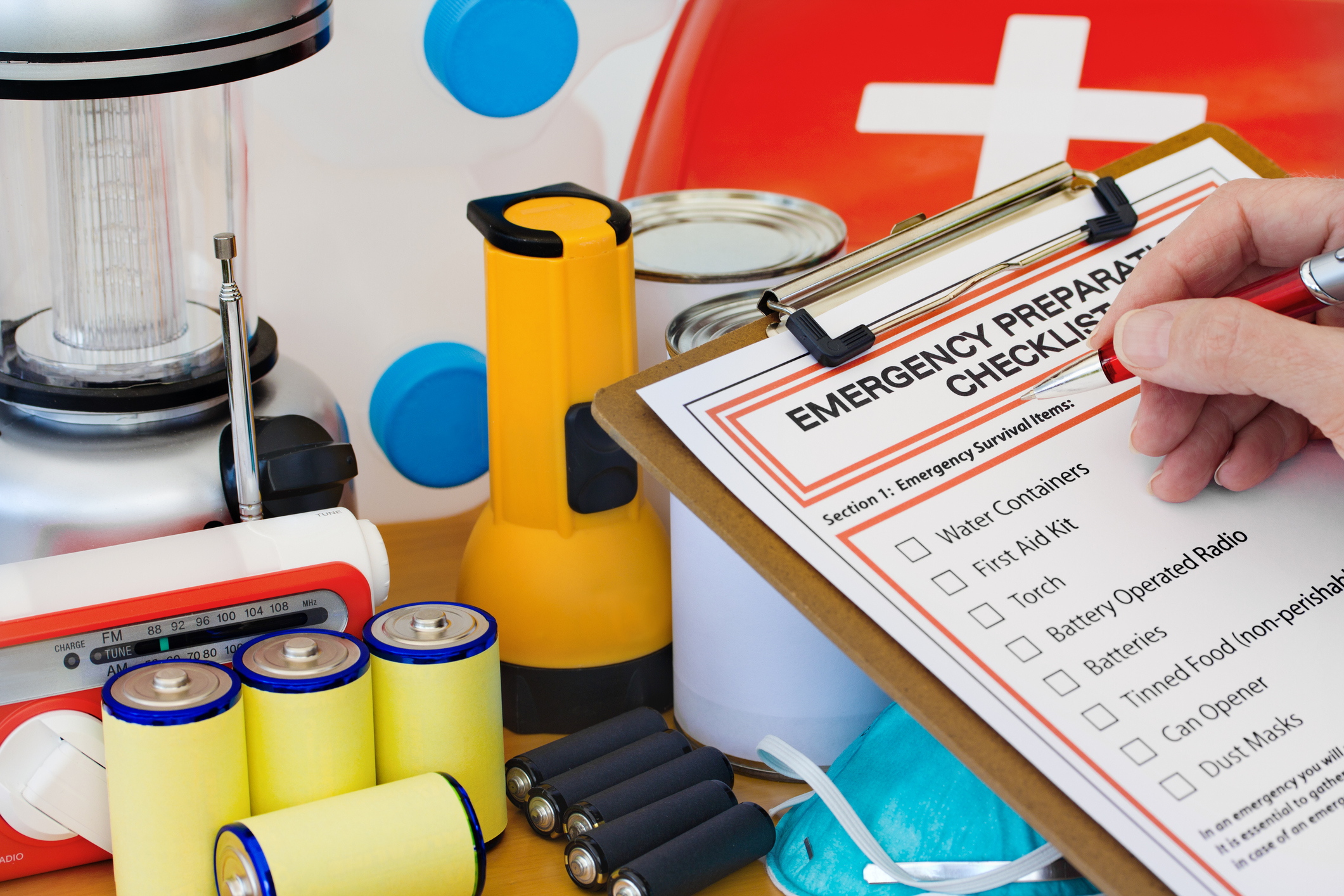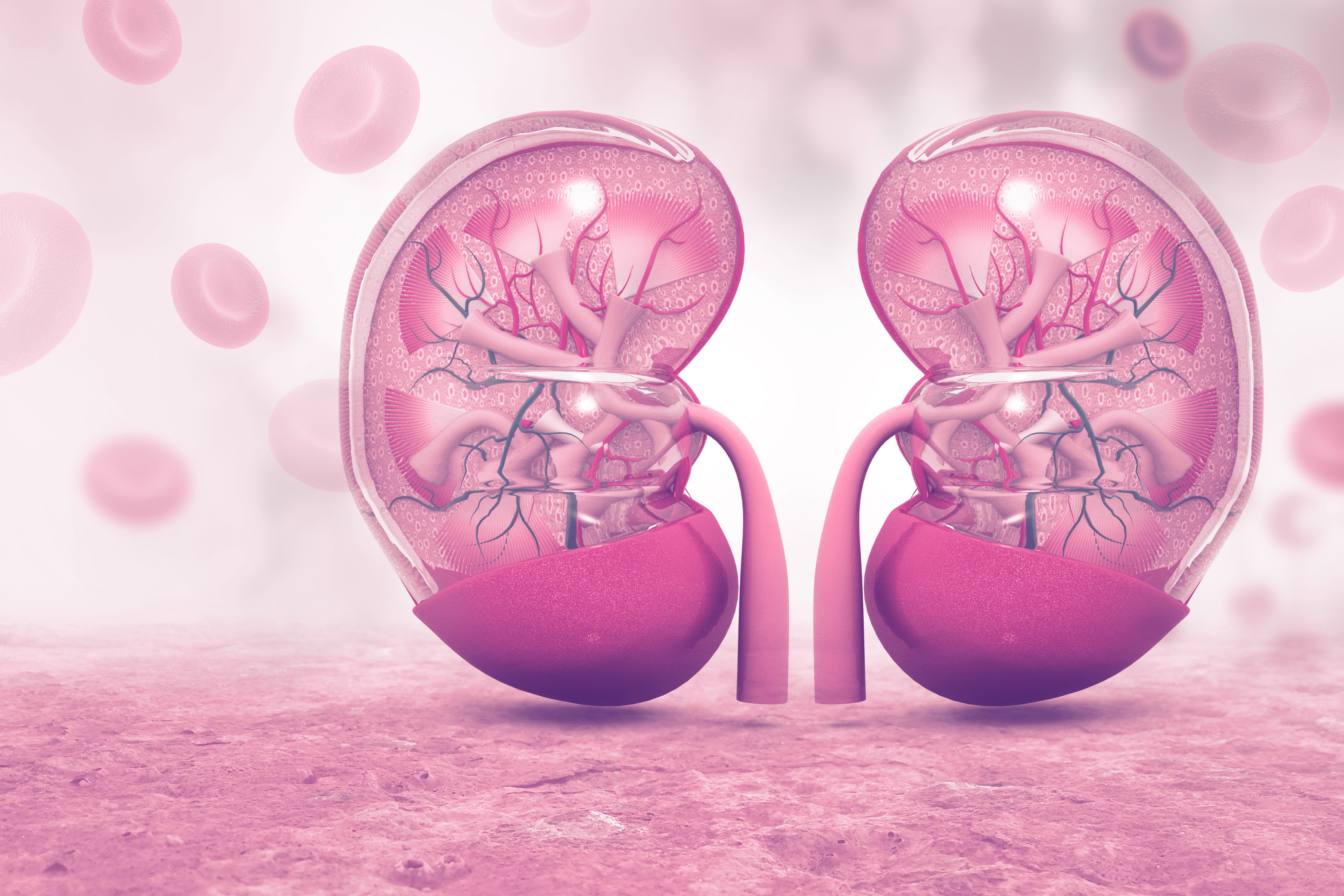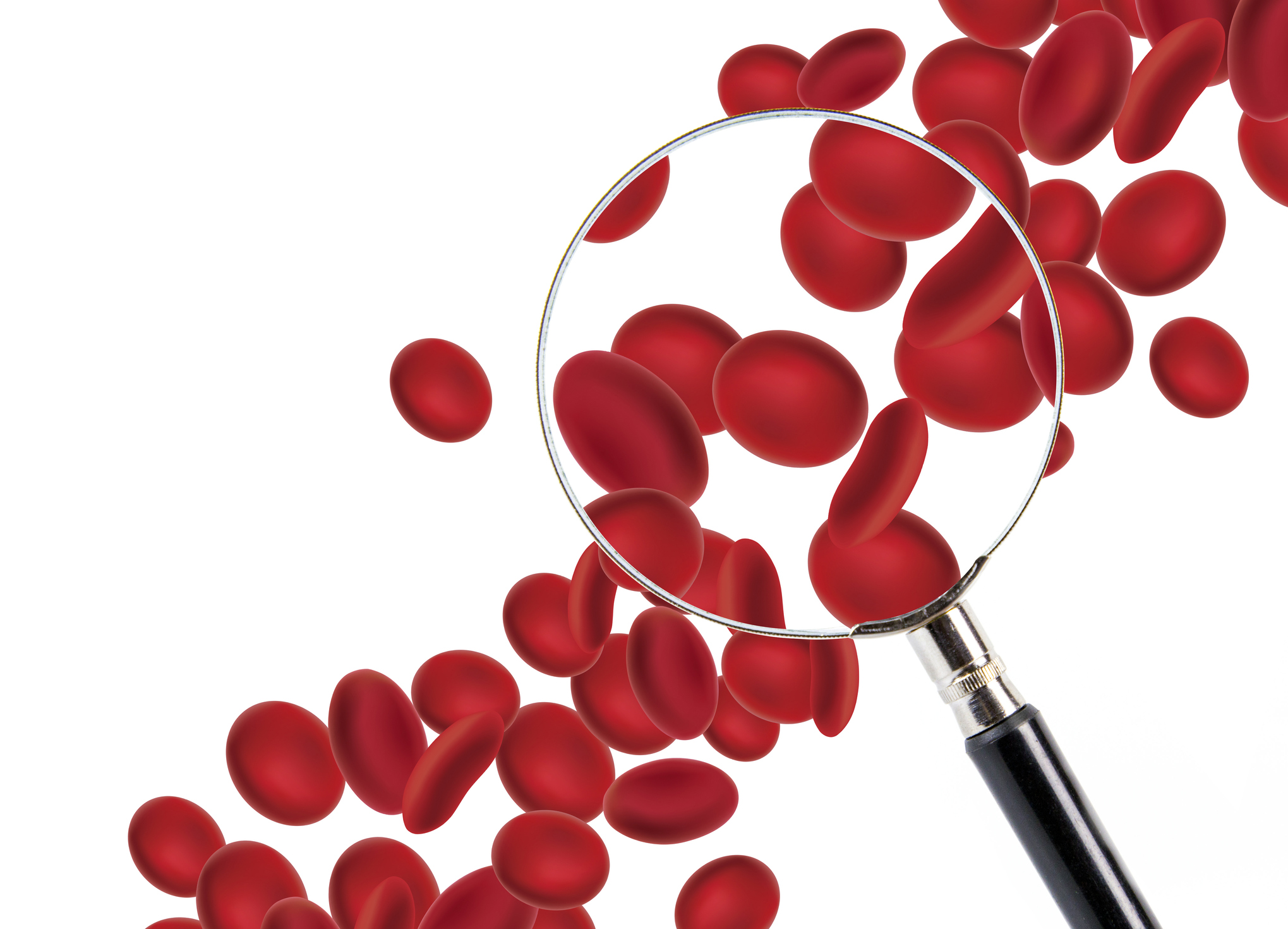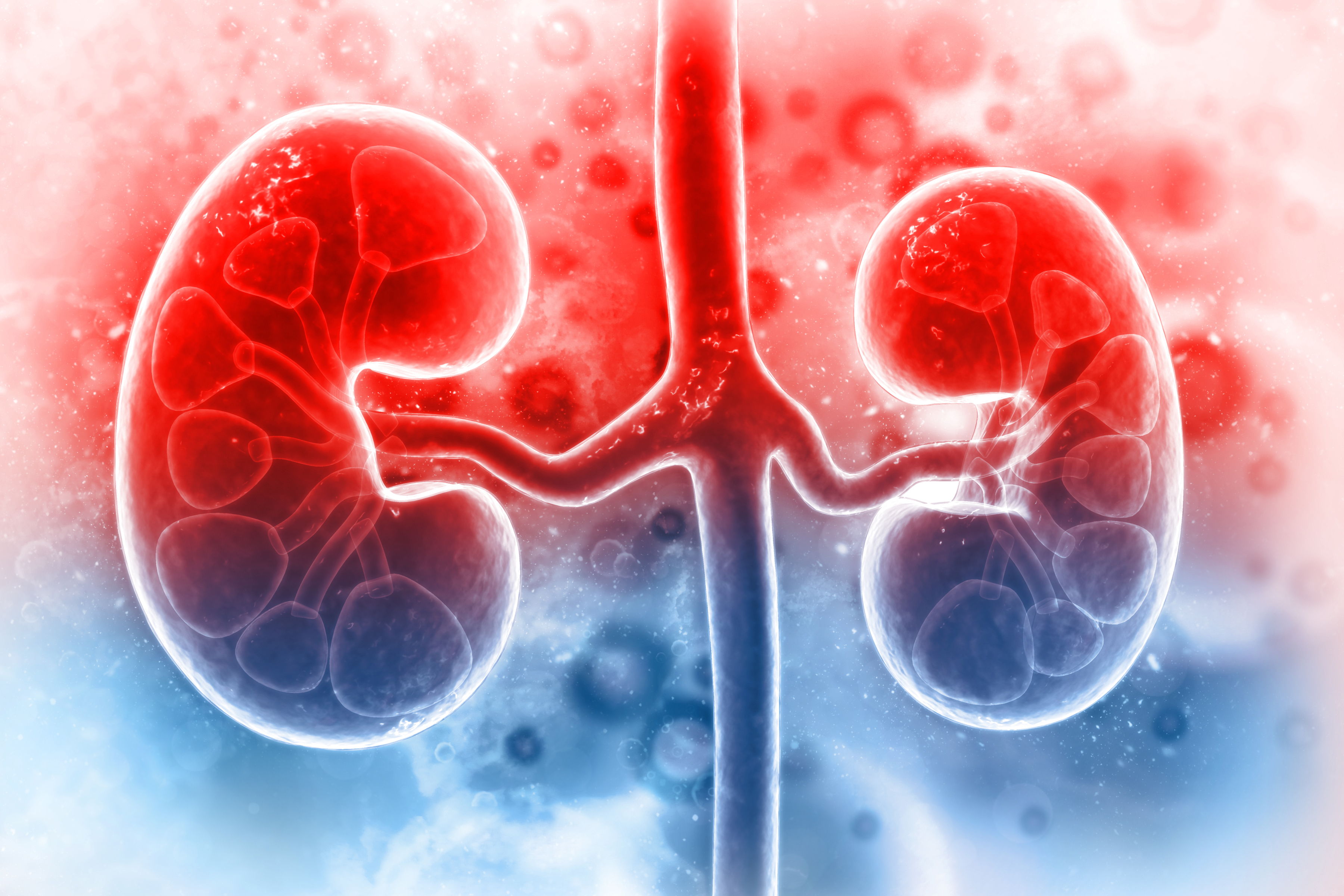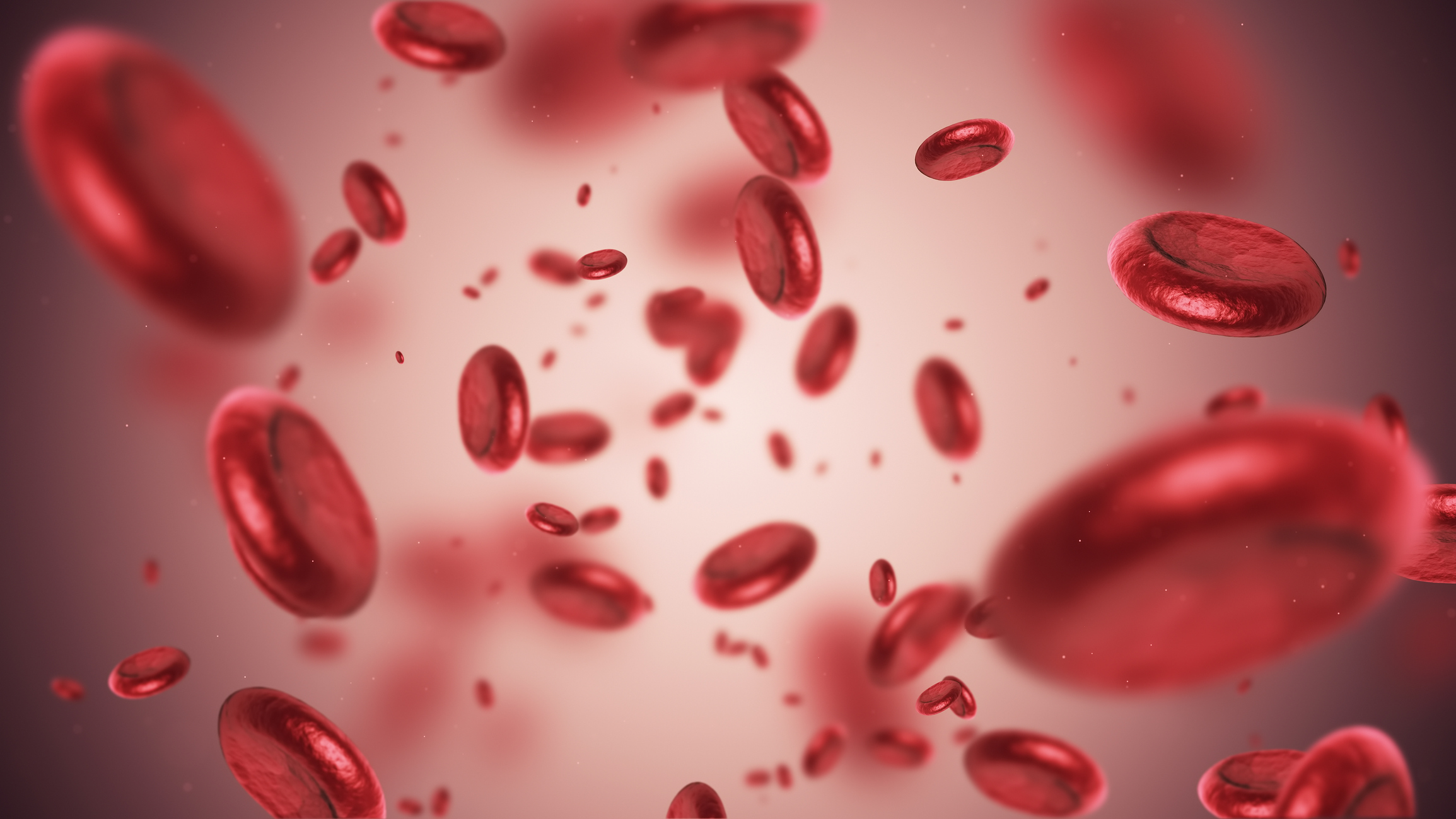Emergency Disaster Preparedness for Dialysis Patients
As evident from the disaster of hurricane Katrina and the recent hurricanes Gustav and Hanna, it is important to be prepared. For everyone this means having an evacuation plan ensuring you have plenty of clean water and food supplies, and knowing how to get in touch with your friends and loved ones. For dialysis patients there are even more preparedness measures needed. You may be surprised to know that most local and state governments do not have a disaster preparedness plan that accounts for the special needs of dialysis patients. Therefore, it is extremely important that you take responsibility to prepare [...]

